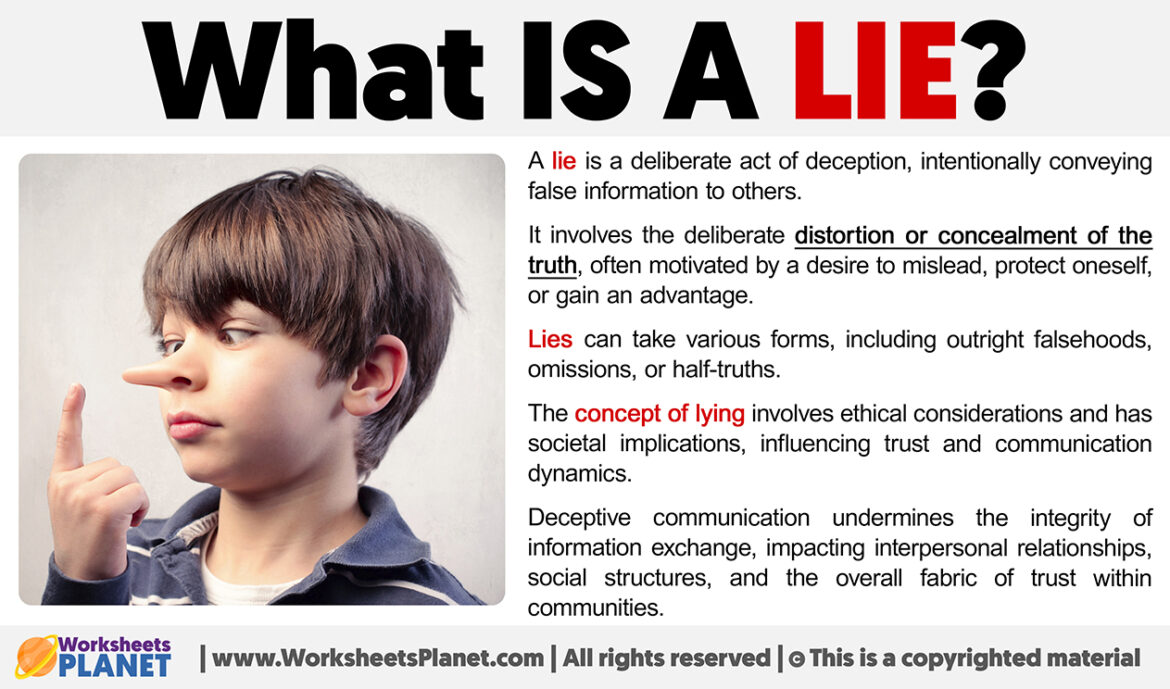In the vast arena of YouTube, where diverse content coalesces, one particular show has captured significant attention: “Would I Lie to You?” This entertainment piece thrives on the art of deception, humor, and unexpected storytelling. At first glance, one might wonder how a show built around whimsical fibs resonates with Christian audiences. Yet, its essence serves as fertile ground for exploring themes of truth, integrity, and human fallibility.
The format of “Would I Lie to You?” is captivating. Participants, often celebrities or public figures, present statements about themselves, some truthfully and some fabricated. The challenge lies in discerning the veracity of these assertions. With laughter often punctuating the air, the show invites a delightful yet critical examination of what it means to be truthful. As the audience engages in guessing the veracity behind each claim, a profound conversation about honesty unfolds.
For Christian viewers, this dynamic becomes particularly poignant. The principles found in the Bible emphasize honesty and integrity as core virtues. Proverbs 12:22 states, “The Lord detests lying lips, but he delights in people who are trustworthy.” Such scriptural underpinnings invite the viewer to juxtapose the lighthearted fibs presented on the show with the weighty implications of dishonesty in their spiritual lives.
When discussing where to watch “Would I Lie to You?”, platforms abound, but YouTube offers a convenient means of accessing episodes and segments. Full episodes might not always be available due to licensing restrictions, yet numerous clips and highlights circulate, enabling viewers to glean the show’s essence without extensive commitment. From entertaining snippets to compelling moments, the YouTube search bar becomes a gateway to this enthralling experience.
The fan reactions to “Would I Lie to You?” are a tapestry of emotions, often reflecting a blend of amusement, nostalgia, and critique. Fans not only appreciate the comedic delivery but also engage in deeper discussions surrounding the ethical implications of lying in various contexts. Social media platforms brim with thought-provoking conversations, where viewers critique specific moments, argue over the most convincing lies, and share their reactions in real time. These exchanges foster a communal experience, particularly among Christians, as they navigate their faith while appreciating the humor found in deceit.
Discussing the content types available within the “Would I Lie to You?” realm uncovers a multifaceted treasure trove. First, there are the charming anecdotes and bizarre claims—where participants reveal outlandish tales that blur the lines of believability. These narratives, laced with humor, can serve as reflections on the absurdities of life, prompting viewers to recognize that truth, in its variety, exists often alongside the ridiculous. For example, a guest might recount a whimsical incident from their childhood, offering laughter but also prompting reflections on how narratives shape our identities.
Moreover, the show encourages viewers to think critically about storytelling and its implications. What are the reasons behind our fabrications? Is it merely for amusement or an inherent desire to embellish reality? For Christians, this introspection can resonate deeply. As believers are called to decipher truth amidst a world filled with misinformation, the show becomes a springboard for dialogue about the nature of storytelling in their own lives.
Additionally, a variety of celebrities and public figures partake in the show, ranging from comedians to sports personalities. Their diverse backgrounds contribute to a rich tapestry of experiences, inviting viewers to glean insights from the lives of others. The inclusion of such a myriad of voices allows for engagement with underlying themes of vulnerability—revealing how everyone, even those in prominent positions, grapples with authenticity and the occasional stretch of the truth.
Another noteworthy aspect is the clever wit and repartee that ensues between panelists, often illuminating the essence of human interaction. The banter invites reflection on Christian fellowship, where humor can be a balm, easing the pressure of everyday experiences. The relationships forged or tested through playful deception can mirror those found in faith communities, reinforcing the importance of supporting one another in truthfulness and love.
Moreover, as viewers delve into the reactions and interpretations of the show on various platforms, they often produce a rich dialogic exchange. The commenters dissect moments of honesty and deception, probing deeper into the moral questions raised by the participants’ choices. In doing so, they engage in an essential communicative act that mirrors the communal journey of faith in Christianity, where believers are encouraged to discuss, dissect, and discern the truths within their own lives.
Ultimately, “Would I Lie to You?” presents an opportunity for both entertainment and moral introspection. For Christians venturing into this realm, the show serves not just as a source of amusement, but as a reflective medium to confront the nuances of truth-telling. It stimulates discussions about authenticity, humility, and the grace necessary to navigate the complexities of human relationships. While viewers might chuckle at the outlandish claims presented, they are simultaneously invited to ponder the foundational truths that underpin their faith and interactions with others.
In conclusion, as audiences tune in to “Would I Lie to You?”, they are met with a delightful blend of humor, critical thinking, and moral exploration. From where to watch to fan reactions and the multifarious content offered, the show intricately weaves entertainment with poignant reflections on truth. It opens doors for deeper engagement, urging viewers, particularly within the Christian community, to reflect on their own narratives while enjoying the delightful absurdities of life.



